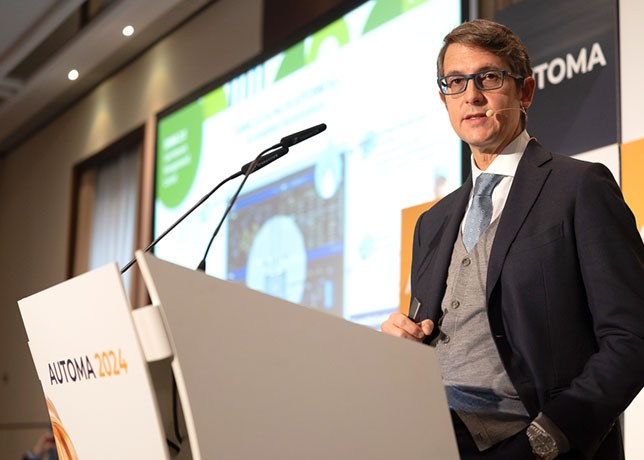

At the recent Oil & Gas Automation and Digitalisation Congress (AUTOMA) 2024, industry leaders discussed the role of digitalisation in reducing the oil and gas industry's carbon footprint and improving operational efficiency.
Private 5G technology is revolutionising oil and gas processes by optimising real-time data collection, predictive analytics, and automation, reducing emissions across the entire lifecycle of operations.
Ericsson highlighted the integration of renewable energy sources into their energy portfolio, enabling seamless coordination and monitoring.
Hexxcell presented a case study on decarbonising heating processes in refineries, which account for 60% of greenhouse gas emissions. They applied Hybrid-AI Digital Twins to monitor and optimise crude pre-heat trains, resulting in an 8% reduction in CO2 emissions and lower fuel costs. This approach helps refineries avoid unplanned shutdowns, conserve energy, and reduce unnecessary carbon emissions.
Italgas, the third-largest gas distributor in Europe, is actively working to integrate renewable gases like biomethane and hydrogen into its gas networks, moving toward carbon neutrality by 2050.
Italgas has implemented over 20 digital projects, from AI-driven tools for smart maintenance to methane emission reduction technologies.
The company uses IoT, Big Data, and AI to optimise its gas distribution network, improve safety and efficiency, and reduce emissions.
The next edition of the Oil & Gas Automation and Digitalisation Congress will take place on 13-14 October 2025 in Amsterdam, Netherlands, to explore the transformative impact of advanced technologies on the oil and gas sector.
To register for AUTOMO 2025, visit the website https://sh.bgs.group/21r





































































